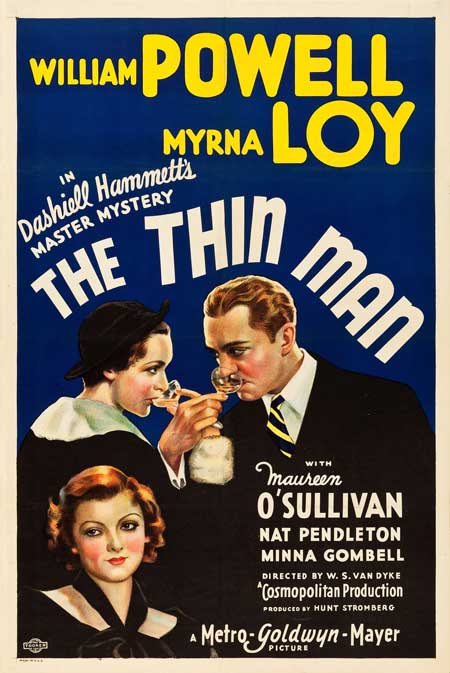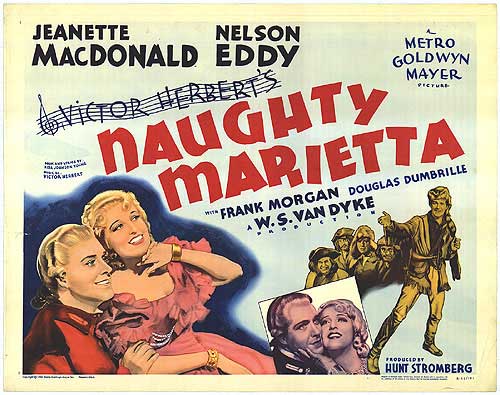“I want the Champ! I want the Champ!”
Oh good God, shut up you little brat.
Now, nobody actually tells 8 year-old Dink (Jackie Cooper) to shut up at the end of 1931’s The Champ. I’d like to think that I probably would have said those words if I had been sitting in the audience but, in all honestly, I probably would have been crying along with everyone else. I’m sure that a lot of people probably cried when The Champ was first released.
And really, it’s probably unfair to criticize Jackie Cooper for repeatedly wailing, “I want the Champ!” during the film’s final five minutes. It’s actually probably one of the few authentic moments in the film. It’s just unfortunate that Cooper’s voice was a bit shrill and, as a result, I found myself covering my ears.
As for what The Champ is about, it’s the story of a boy and his alcoholic father. Andy Purcell (played with loutish charm by the never particularly subtle Wallace Beery) is a boxer. He used to be the world champion and people still call him The Champ. Of course, it’s been a while since he’s been in the ring. Now, Andy just drinks and gambles and continually lets down his son. However, Dink is always willing to forgive Andy and Andy does truly love his son. He even buys him a horse, which gets named Little Champ.
It’s while at the stables that Dink meets an upper class woman named Linda (Irene Rich). What Dink does not realize is that Linda is … his mother! She was once married to the Champ but his drinking led to divorce. Linda wants to adopt Dink and perhaps she should because The Champ really is not a very good father. He even loses Little Champ in a card game.
Fortunately, the Champ has a chance to win the money needed to buy back the horse. All he has to do is reenter the ring and beat the Mexican heavyweight…
It all leads to “I want the champ!” being screamed several hundred times in a handful of minutes, enough times to make me fear that I would be deaf before the film ended…
The Champ is an old-fashioned and rather creaky melodrama, one that hasn’t aged particularly well. Director King Vidor specialized in films about the “common man” and The Champ often feels like it was adapted from the first draft of an unproduced Clifford Odets play. It’s all very sentimental and so thoroughly lacking in snark or cynicism that, for modern audiences, it’s difficult to relate to. I’ll leave it to you to decide whether that’s a good or a bad thing.
The Champ does hold a place in Oscar history. Wallace Beery won the Oscar for Best Actor but, for the first time in the history of the awards, there was a tie and Beery shared the Oscar with Fredric March, who won for Dr. Jekyll and Mr. Hyde.
The Champ was also nominated for best picture but it lost to Grand Hotel, which also features Wallace Beery.



